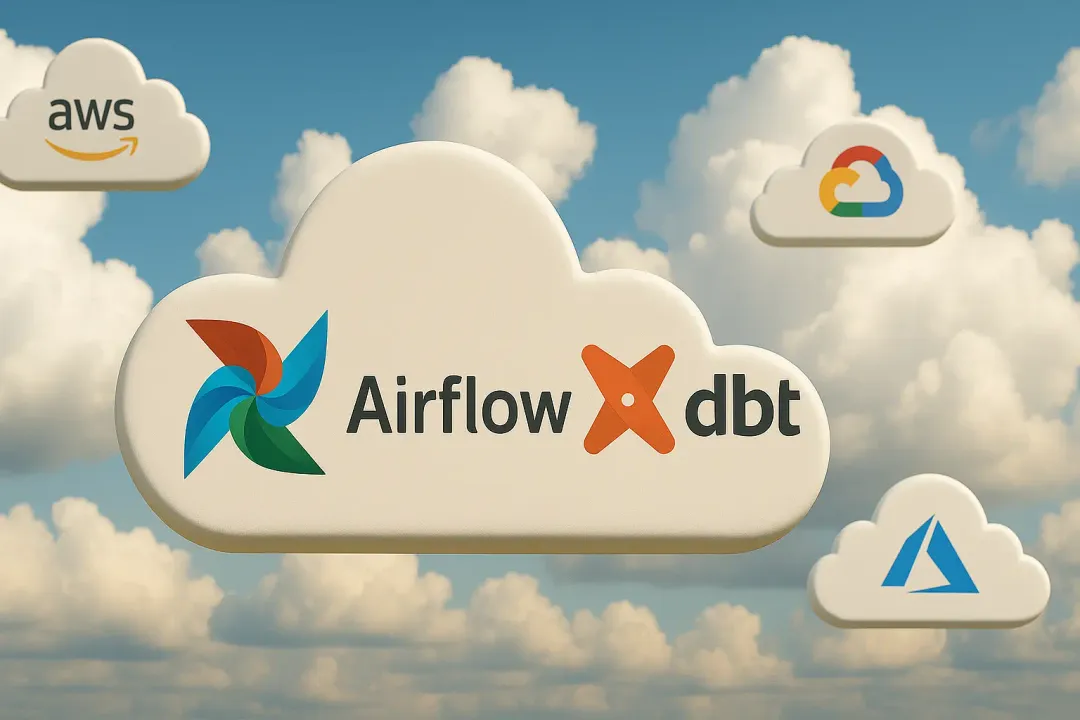
Maria Chojnowska
4 August 2023, 5 min read

What's inside
- Understanding Data Warehousing
- Key Characteristics of a Data Warehouse
- Delving into Data Lakes
- Key Characteristics of a Data Lake
- Data Warehousing vs. Data Lakes: Which One Do You Need?
- The Compelling Case for a Hybrid Approach: Data Lakehouse
- Simplifying Your Big Data Strategy with Our Services
In today's digital economy, information is not just an operational by-product; it's a prime commodity. If leveraged correctly, data can deliver invaluable insights and drive decision-making processes that enable businesses to unlock new levels of productivity and growth.
Understanding the nuances between different data storage and management strategies is paramount. Two of the most popular and widely discussed concepts in data management are Data Warehousing and Data Lakes. In this blog post, we aim to unravel the differences between these two and delve deeper into their benefits, drawbacks, and use cases.
Understanding Data Warehousing
As the name suggests, a Data Warehouse is a large storage repository for structured data. This data is usually pulled from various sources across an organization, including databases and CRM systems.
Unlike a conventional database, however, a Data Warehouse doesn't just store data—it transforms it. Before data enters the warehouse, it is cleaned, organized, and restructured into an Extract, Transform, Load (ETL) format. This standardized structure allows data from disparate sources to be compared and analyzed effectively.
To delve deeper into the significance and function of Data Warehousing, check out our two-part series on "The Role of Data Engineering in Data Warehousing".
Key Characteristics of a Data Warehouse
- Structured and Processed Data
Data Warehouses are designed to house structured data processed for a specific purpose. This means the data is organized in tables, rows, and columns with predefined relationships, making it easier to query and analyze.
- Purpose-Built for Reporting and Business Intelligence (BI)
Given the structured nature of data in a warehouse, it's especially well-suited for reporting and BI tasks. From operational reporting to trend analysis, Data Warehouses provide fast, reliable results to various complex queries, from operational reporting to trend analysis.
- Non-Volatile
Data Warehouses are non-volatile, meaning that once data is stored, it doesn't change. This stability ensures consistent reporting over time.
Delving into Data Lakes
While a Data Warehouse might be seen as a vast library where every book is neatly organized and cataloged, a Data Lake is more akin to a colossal container with books, articles, notes, and even random scribbles tossed in without a specific order.
A Data Lake is a repository that stores vast amounts of raw data. The keyword here is 'raw'; this data is not processed or structured upon ingestion. It holds data from various sources and formats, including structured, semi-structured, and unstructured data like text, audio, video, and social media feeds.
To learn more about the intricate world of data warehousing, don't miss our three-part series on “Data Warehouses - What They Are and How to Classify Them”.
Key Characteristics of a Data Lake
- Holds Raw Data
Unlike Data Warehouses, which store processed and structured data, Data Lakes retain raw data, preserving it in its original form. This allows in-depth analysis since the data hasn't been pruned or modified.
- Data Variety
A Data Lake can handle a wide variety of data, including structured, semi-structured, and unstructured. This feature makes it ideal for modern businesses dealing with diverse data sources.
- Flexible and Scalable
Data Lakes are designed to be agile and scalable, providing businesses the flexibility to store and analyze massive amounts of data quickly and efficiently.
Data Warehousing vs. Data Lakes: Which One Do You Need?
Choosing between a Data Warehouse and a Data Lake largely depends on your business needs, data types, and overall data strategy. A Data Warehouse could be the right choice if your organization relies on structured data for operational reporting and trend analysis. It offers a stable, high-speed environment for reliable, repeated data retrieval.
Conversely, suppose your organization needs to store vast amounts of raw data for the future. In that case, a Data Lake might be ideal for unknown use cases or experimental data science and machine learning tasks. Navigating raw data allows algorithms to unearth unexpected correlations and insights that may not be as evident in a processed, structured data environment.
The Compelling Case for a Hybrid Approach: Data Lakehouse
As the digital landscape evolves, more organizations find value in a hybrid approach—a "Data Lakehouse". The Data Lakehouse model combines the best of both worlds, integrating the raw data storage capability of a Data Lake with the performance and reliability of a Data Warehouse. This approach enables businesses to manage all data types, explore new AI/ML-based use cases, and still deliver consistent BI and reporting services.
Simplifying Your Big Data Strategy with Our Services
Irrespective of whether your organization needs a Data Lake, a Data Warehouse, a hybrid Data Lakehouse, or even a multi-cloud data strategy, establishing and managing these systems can be complex and resource-intensive. This is where we can help.
As a top-tier software house, we specialize in creating customized Data Warehousing and Data Lakes solutions that match your unique business needs and challenges. Our comprehensive services include:
- Consultancy: We offer expert guidance to help you determine the most effective data storage and management strategy, aligning with your business objectives and data requirements.
- Custom Development: From architecting to deployment, we provide end-to-end development of custom Data Lakes, Data Warehouses, and hybrid solutions.
- Maintenance and Support: We provide ongoing maintenance and 24/7 support to ensure your data infrastructure performs optimally, consistently delivering valuable insights.
Choosing between a Data Lake and a Data Warehouse is not about determining which is superior—it's about understanding which is better suited for your specific needs and how it aligns with your long-term business strategy. We're here to simplify this decision-making process and guide you through every step of your data journey.
Embrace the power of data with us, and let's drive your business toward new heights of success. Connect with our team today and kickstart your customized data solution journey.


